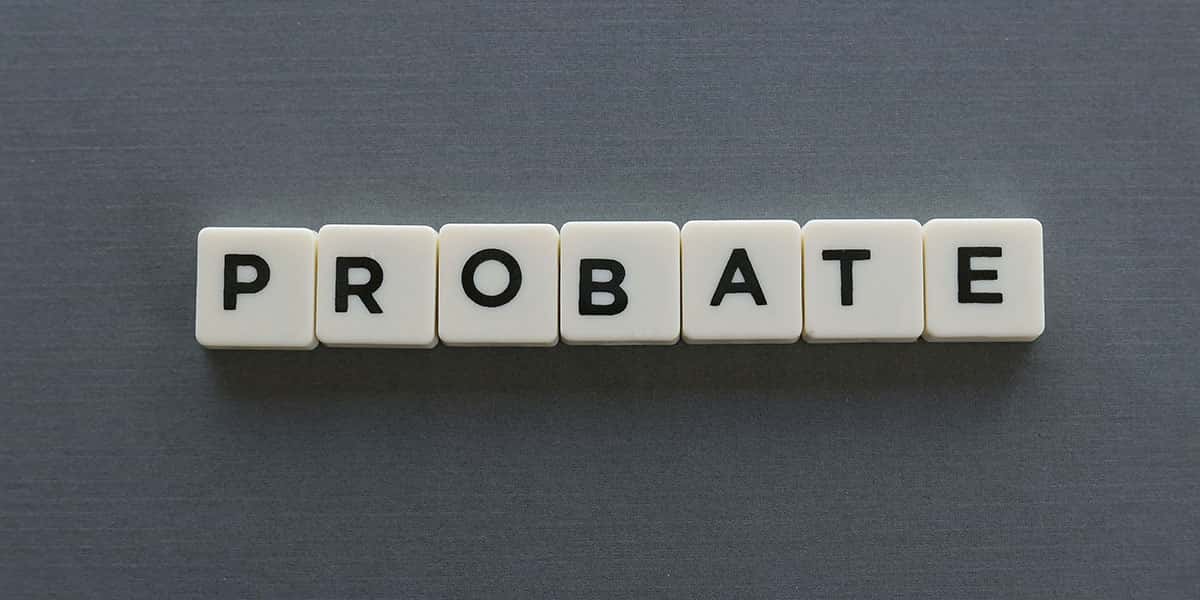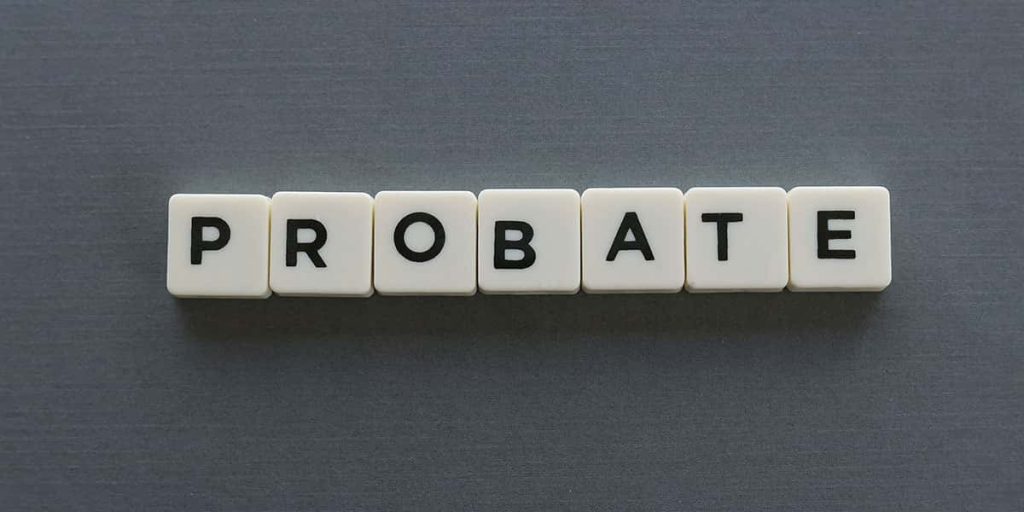

Assets held solely by the deceased:
If the deceased person owned assets solely in their name, such as real estate, bank accounts, or vehicles, probate is often required to transfer those assets to the beneficiaries named in the will or, in the absence of a will, according to the laws of intestacy.
No designated beneficiaries or joint ownership:
Probate becomes necessary when assets do not have designated beneficiaries or are not jointly owned. Assets with designated beneficiaries, such as life insurance policies or retirement accounts, typically bypass probate and go directly to the named beneficiaries.
Disputes or challenges to the will:
If there are disputes or challenges regarding the validity of the will, probate provides a legal process to address those concerns. The court will review the evidence and determine the validity of the will.
Large or complex estates:
Probate may be required for large or complex estates that involve substantial assets, multiple creditors, or intricate distribution arrangements. The court’s oversight helps ensure the estate’s orderly administration and fair distribution.
Creditor claims and debt settlement:
Probate allows for identifying and settling the deceased person’s outstanding debts and obligations. Creditors can make claims against the estate, and the executor uses estate assets to pay off valid debts.
It’s important to note that probate laws can vary by jurisdiction, and the specific requirements for probate may differ. Consulting with an attorney specializing in estate planning and probate can guide the necessary steps and procedures in your jurisdiction.
When Is Probate necessary in New York?
In New York, probate is generally necessary under the following circumstances:
When there is a valid will:
If the deceased person left a valid will, probate is typically required to authenticate the will and ensure its proper administration. The Surrogate’s Court in the county where the deceased person resided at the time of death oversees the probate process.
Assets owned solely by the deceased:
Suppose the deceased person had assets solely in their name, such as real estate, bank accounts, or vehicles. In that case, probate is necessary to transfer those assets to the beneficiaries named in the will or in accordance with the laws of intestacy.
No designated beneficiaries or joint ownership:
Probate is required for assets that do not have designated beneficiaries or are not jointly owned. Assets with designated beneficiaries, like life insurance policies or retirement accounts, typically pass outside of probate and go directly to the named beneficiaries.
Disputes or challenges to the will:
If there are disputes or challenges regarding the validity of the will, probate provides a legal process to address those concerns. The Surrogate’s Court will examine the evidence and make a determination regarding the validity of the will.
Administration of large or complex estates:
For large or complex estates involving substantial assets, numerous creditors, or intricate distribution arrangements, probate is often necessary. The court’s oversight helps ensure the estate’s proper administration and fair distribution.
It’s essential to consult with a New York attorney specializing in probate and estate administration to understand your situation’s specific requirements and procedures. The attorney can guide you through the probate process and ensure New York state laws compliance.
Steps of the Probate Process
The probate process typically involves several steps. While the specific procedures may vary depending on the jurisdiction and complexity of the estate, here are the general steps involved in probate:
Filing the petition:
The probate process begins with petitioning the appropriate court, usually the Surrogate’s or Probate Courts. The petition requests the court to initiate probate and appoint an executor or personal representative.
Notifying interested parties:
The court requires the executor to notify all interested parties, including beneficiaries named in the will, heirs-at-law (if there is no will), and potential creditors. This notice informs them of the probate proceedings and their opportunity to participate or make claims against the estate.
Validating the will:
If there is a will, the court verifies its authenticity and determines its validity. This may involve examining witnesses, reviewing the signatures, and ensuring compliance with legal requirements. If the will is deemed valid, it is admitted to probate.
Appointing the executor:
The court appoints the executor named in the will or appoints an administrator if there is no named executor or the named executor is unable or unwilling to serve. The executor or administrator manages the estate throughout the probate process.
Inventory and valuation of assets:
The executor compiles a comprehensive inventory of the deceased person’s assets, including property, investments, bank accounts, personal belongings, and other relevant assets. The assets are then appraised or valued to determine their fair market value as of the date of death.
Paying debts and taxes:
The executor identifies and notifies creditors, allowing them to make claims against the estate. The executor is responsible for settling valid debts and obligations using the available estate assets. Additionally, any applicable estate taxes, income taxes, or inheritance taxes must be paid from the estate.
Distributing assets:
Once debts, taxes, and expenses are settled, the remaining assets are distributed to the beneficiaries as specified in the will or according to intestacy laws if there is no will. The executor obtains court approval for the final distribution and ensures proper transfer of ownership to the beneficiaries.
Closing the estate:
After all, tasks are completed, the executor submits a final accounting to the court, providing a detailed report of all financial transactions and distributions. The court reviews the accounting, approves it, and issues an order to close the estate.
Conclusion
It is important to consult with an attorney experienced in probate proceedings to navigate your jurisdiction’s specific requirements and procedures. They can guide you through each step and help ensure compliance with applicable laws and regulations.
The post When is Probate Necessary? appeared first on locallawyerny.com.

